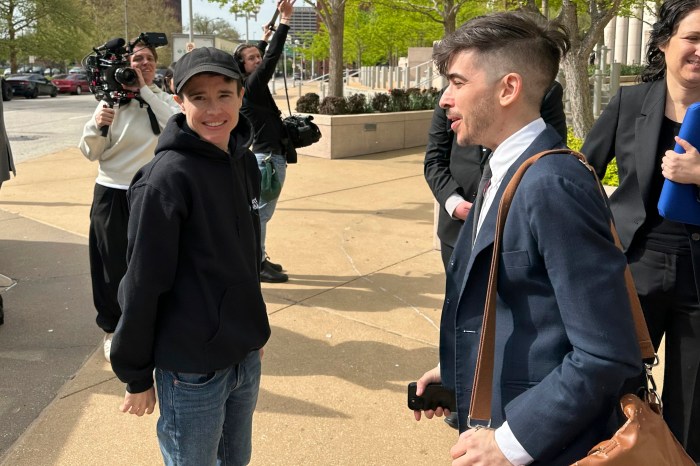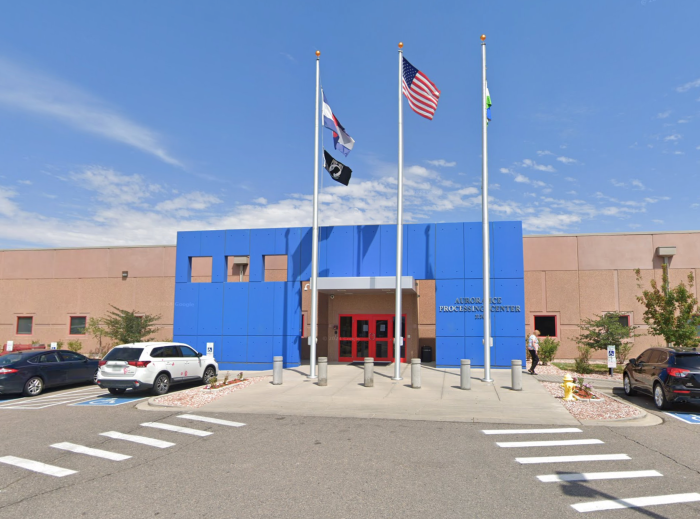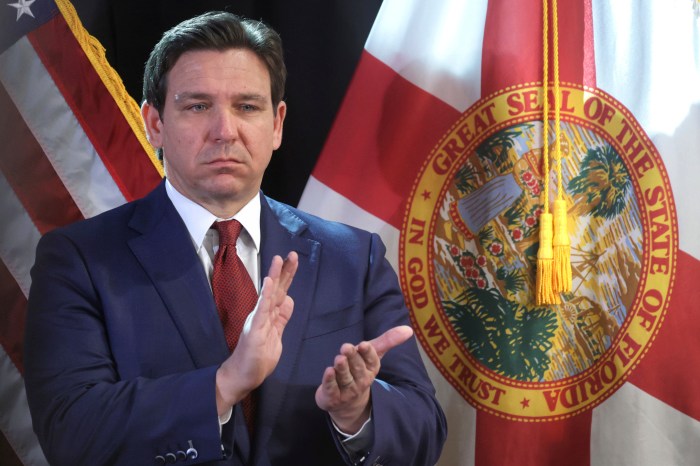BY ARTHUR S. LEONARD | Ruling 8-1, the Supreme Court affirmed a decision by the US Court of Appeals to set aside a $5 million tort verdict against Fred Phelps and other members of his Kansas-based Westboro Baptist Church in connection with the picket they staged near the funeral of Matthew Snyder, a Marine killed in action in Iraq.
The verdict had been awarded to compensate Snyder’s father, the plaintiff in the case, for the emotional distress the trial jury concluded the picketers had caused him at the 2006 Catholic funeral Mass in Westminster, Maryland.
In protests ranging from the funerals of slain gay college student Matthew Shepard and the late Senator Albert Gore, Sr., to pickets of the New York City Fire Department and military funerals, Phelps and his followers voice their disdain for America’s tolerance of homosexuality and religious diversity. Westboro is behind the God Hates Fags website, but also frequently aims rants at the Catholic Church.
According to Chief Justice John Roberts’ March 2 opinion for the court, because the picketers’ signs concerned “matters of public concern” and they did not trespass or directly interfere with the funeral, their actions were insulated from tort liability for intentional infliction of emotional distress or invasion of privacy.
Dissenting, Justice Samuel Alito severely criticized the court, claiming the majority misstated the facts and improperly insulated outrageous tortious conduct that makes no contribution to public debate on matters of public interest.
In Roberts’ view, Phelps’ action was a political protest, conducted in a quiet and orderly manner, that took place far enough from the church where the funeral was held to have satisfied a statute later enacted by Maryland establishing a 100-foot buffer zone around funerals for such expressive activities.
Although the language on the picket signs was extreme and offensive, in the court’s view, extreme and offensive language on matters of public interest is still core political speech deserving of the highest level of constitutional protection, in order that public debate on such issues remain “robust” and “open.”
Roberts’ view is well summed up by the last section of his opinion:
“Our holding today is narrow. We are required in First Amendment cases to carefully review the record, and the reach of our opinion here is limited by the particular facts before us…
“Westboro believes that America is morally flawed; many Americans might feel the same about Westboro. Westboro’s funeral picketing is certainly hurtful and its contribution to public discourse may be negligible. But Westboro addressed matters of public import on public property, in a peaceful manner, in full compliance with the guidance of local officials. The speech was indeed planned to coincide with Matthew Snyder’s funeral, but did not itself disrupt that funeral, and Westboro’s choice to conduct its picketing at that time and place did not alter the nature of its speech.
“Speech is powerful. It can stir people to action, move them to tears of both joy and sorrow and –– as it did here –– inflict great pain. On the facts before us, we cannot react to that pain by punishing the speaker. As a Nation we have chosen a different course –– to protect even hurtful speech on public issues to ensure that we do not stifle public debate. That choice requires that we shield Westboro from tort liability for its picketing.”
To Alito, the picketing was plain and simple a hijacking of a military funeral by an extreme, publicity-seeking group deliberately engaged in outrageous conduct calculated to inflict severe emotional injury on innocent victims in order to garner media attention and access for its message.
Alito’s dissent documents at length his view that the majority opinion glosses over and sanitizes the very personal nature of the attack on Snyder and his family that Phelps undertook so he could advance his agenda.
Both opinions noted that the evidence at trial included text from a diatribe against the Snyders Phelps published on his website at the time of the picketing –– a vile, personalized attack on the Snyders’ religious faith. Roberts quoted selectively from a few of the picket signs, while Alito pointed to much more extensive excerpts.
Reading Roberts’ factual summary, one could conclude that Phelps’ activities, while offensive, were broadly tolerable, while Alito’s summary would lead a reader to agree that the jury’s decision was probably merited by the evidence before it.
Because it was Phelps who originated the appeals process by challenging the trial verdict at the 4th Circuit, however, he got to fashion the question presented for review. He focused on the picketing, leading the majority of the Supreme Court to conclude they should decide this case without reference to the website diatribe, since the picketing was the focus of the 4th Circuit’s decision.
The tort liability the trial jury imposed, however, involved the picketing and the web posting.
Alito wrote, “In this case, respondents brutally attacked Matthew Snyder, and this attack, which was almost certain to inflict injury, was central to respondents’ well-practiced strategy for attracting public attention.”
Alito points out the record shows Phelps has made a profession of picketing military funerals and other emotionally-laden events over the past 20 years, systematically exploiting them by intentionally inflicting emotional injury on innocent victims to advance his agenda. The court majority treats the Snyder funeral protest as an isolated incident, ignoring the website attacks against the innocent victims that were coordinated with the picketing.
What the majority sees as general political commentary, Alito views as a very personal attack. Phelps and his followers failed, from Alito’s perspective, in “transform[ing] their statements attacking the character of a private figure into statements that made a contribution to debate on matters of public concern.”
“There is no reason why a public street in close proximity to the scene of a funeral should be regarded as a free-fire zone in which otherwise actionable verbal attacks are shielded from liability,” he wrote, pointing out that the sort of buffer zones recently adopted across the country would be ineffectual to prevent the harms found by the jury in this case.
“Funerals are unique events at which special protection against emotional assaults is in order,” Alito argued. “Exploitation of a funeral for the purpose of attracting public attention ‘intrudes upon their grief,’ and may permanently stain their memories of the final moments before a loved one is laid to rest. Allowing family members to have a few hours of peace without harassment does not undermine public debate.”
The First Amendment is not inconsistent, Alito wrote, with the right of the dead soldier’s father “to recover for the intentional infliction of emotional distress caused by speech on a matter of private concern.” Numerous aspersions cast on Snyder and his parents on the picket signs and the website, Alito concluded, do not amount to comment on matters of public concern.
“In order to have a society in which public issues can be openly and vigorously debated,” concluded Alito, “it is not necessary to allow the brutalization of innocent victims like petitioner. I therefore respectfully dissent.”
This reporter agrees with Alito that the chief justice’s opinion misrepresents the facts, unduly sanitizes the nature of Phelps’ activity on this occasion, and generally strikes the wrong balance between political speech protected by the First Amendment and state tort law.
I am a strong supporter of the First Amendment, and would certainly support the right of Phelps and his jolly band to wield their offensive signs in public places at just about any time they wanted to do so –– within the bounds necessary to preserve public order –– but I agree with Alito that the combination of picketing funerals and publishing personalized diatribes on the website steps across a line.
This is not a case about prior restraint; it is about compensation after the fact for the infliction of injuries on innocent victims. Ultimately, I side with the dissent.


































